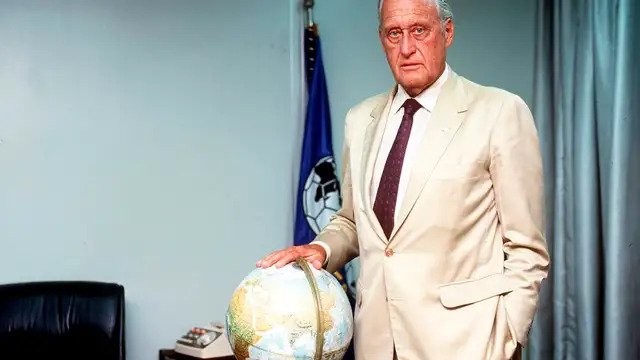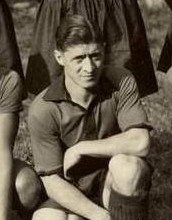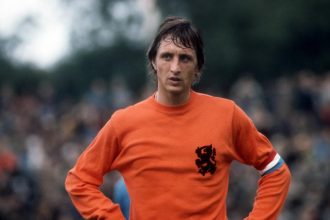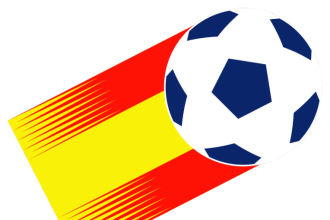João Havelange was a prominent Brazilian sports administrator who served as the president of FIFA, the international governing body for football, from 1974 to 1998. During his tenure, he oversaw significant changes in the organization of the World Cup, and FIFA’s flagship event, and expanded the organization’s reach and influence around the world.
Havelange was born on May 8, 1916, in Rio de Janeiro, Brazil. He was the son of a wealthy Brazilian industrialist and spent much of his childhood traveling in Europe and the United States. He studied law at Brazil’s Federal University and went on to become a successful businessman, working in a variety of industries including construction, finance, and sports.
Havelange’s involvement in sports began in the 1950s when he became a member of the Brazilian Olympic Committee. He later served as president of the organization from 1955 to 1973. During his tenure, he helped organize the 1963 Pan American Games in São Paulo and the 1968 Summer Olympics in Mexico City.
In 1974, Havelange was elected as the president of FIFA, succeeding Sir Stanley Rous of England. He immediately set about modernizing the organization and expanding its reach. One of his key initiatives was the creation of the World Youth Cup in 1977, a competition for players under the age of 20. This tournament later became the FIFA U-20 World Cup.
Havelange also oversaw the expansion of the World Cup, which had previously been contested by 16 teams. Under his leadership, the tournament was expanded to 24 teams in 1982 and to 32 teams in 1998. He also introduced significant changes to the format of the tournament, including the use of penalty shootouts to decide tied matches and the introduction of the round of 16 knockout stages.
In addition to his work with FIFA, Havelange was involved in a number of other sports organizations. He served as a member of the International Olympic Committee from 1963 to 2011, making him one of the longest-serving members in the organization’s history. He also served as president of the Pan American Sports Organization from 1975 to 1979.
Despite the controversy surrounding his later years, Havelange’s contributions to the world of sports cannot be understated. He was a visionary leader who worked tirelessly to expand the reach and influence of FIFA and helped modernize the organization for the 21st century. He passed away on August 16, 2016, at the age of 100, leaving behind a legacy of innovation and progress in the world of sports administration.





